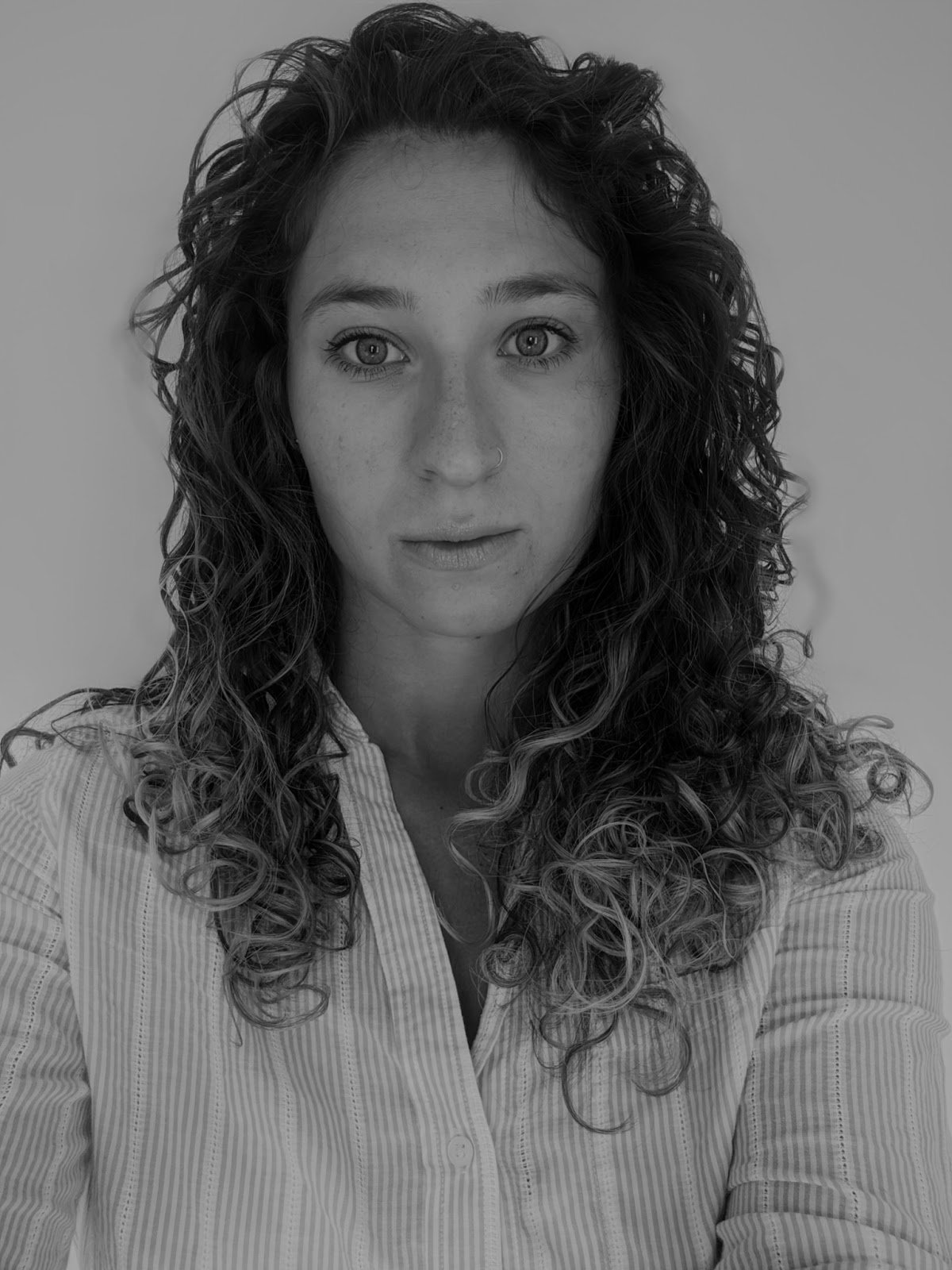Analysing Different Representations (AQA A Level Geography) : Revision Note
Representations of Place
Places are represented in huge range of qualitative and quantitative ways
Examples of quantitative place representation include census data, crime rates, house prices, demographic data like population pyramids and economic data that can often be found on a council website
Qualitative data includes songs, novels, poetry, paintings, photographs and film
Cartographic data is also a very useful way to represent a place, it is somewhere in between qualitative and quantitative as it is somewhat objective but requires some interpretation by the producer in terms of how to draw the map
Examiner Tips and Tricks
Be sure to revise specific songs, paintings, poems and photographs so you can compare them with unknown examples that may come up in the data analysis questions
Analysing Representations
| Qualitative | Quantitative |
|---|---|---|
Advantages |
|
|
Disadvantages |
|
|
When analysing representations of place it is important to consider the reliability and credibility of the source
All types of representation can present positive and negative portrayals of the place
It is also crucial to consider what the source does not show and what complications or issues there may be with the nature of the representation

You've read 0 of your 5 free revision notes this week
Sign up now. It’s free!
Did this page help you?

